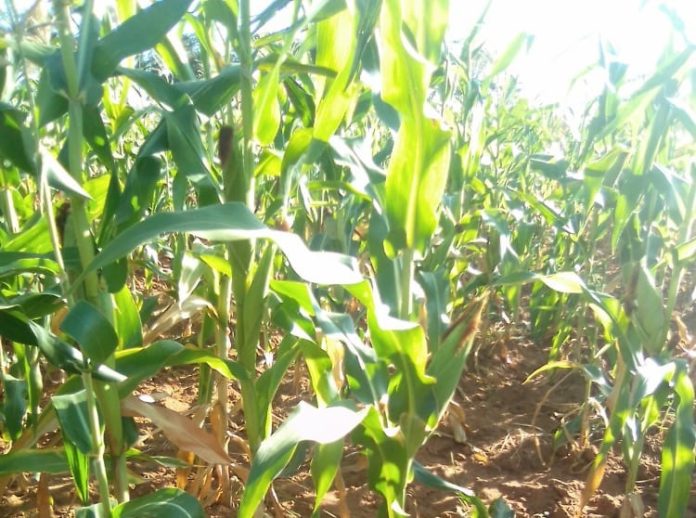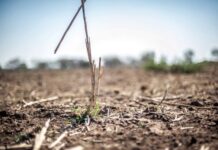African scientists have demonstrated that genetically modified Bt maize offers much higher yields and better pest resistance than conventional varieties — traits that could greatly improve food security on the continent.
In their study, published in Science Direct, the researchers show that Bt maize hybrids significantly reduced stemborer damage, which is a principal drawback to maize production in Uganda and many parts of Africa.
“This study demonstrated that Bt maize… protects against leaf damage and can limit entry of stem borers into the stems of maize plants, resulting in higher yield than in the non-transgenic [GMO] hybrids. Thus, Bt maize has potential to contribute to the overall management package of stem borers in Uganda,” states the study.
The researchers also found that in addition to guarding against grain yield losses, Bt maize can also limit field infections by Aspergillus spp., which would help reduce aflatoxin contamination and further contribute to food safety.
The study was conducted for three seasons in Uganda under the supervision of the Uganda National Biosafety Committee (NBC). It was intended to generate empirical information that could help decision makers decide whether to approve Bt maize cultivation in the country.
Adopting Bt maize could help Uganda’s farmers guard against grain yield losses associated with stem borers, which would help improve household food security, incomes and livelihoods, the study finds.
And by growing Bt maize, Uganda would also eliminate or reduce the costs associated with the use of insecticides and lessen the dangers to humans and the environment due to pesticide misuse or overuse.
The trials were part of research under the Water Efficient Maize for Africa (WEMA) partnership coordinated by the African Agriculture Technology Foundation (AATF), with partnerships that included national agricultural research bodies in Kenya, Tanzania, Mozambique and South Africa.
The researchers — from public institutions in Uganda, South Africa and Kenya — assessed the performance of Bt hybrids against the two major stem borer species in Uganda — the African stem borer (Busseola fusca) and the spotted stem borer (Chilo partellus) — under artificial infestation.
Fourteen non-commercialized hybrids, which included Bt and non-Bt hybrids, as well as three non-Bt commercial hybrids and a conventional stem borer-resistant check, were evaluated for a range of stem borer damage parameters, including leaf damage, number of internodes tunneled and tunnel length.
All stem borer damage parameters were generally significantly lower in Bt hybrids than in conventionally resistant hybrids and local commercial hybrids, asserts the study.
Bt maize also produced 29.4% to 80.5% higher yields than non-Bt maize hybrids, which could support food security goals and improved farmer livelihoods.
“This shows that protection from stemborer damage resulted into higher grain yield,” state the study authors.
Stem borers are major insect pests of maize in Uganda, with Busseola fusca and C. partellus cited as the two most widely distributed and dominant species in the country. In 2015, Uganda lost nearly a quarter of its yield losses to stem borers.
In neighboring Kenya, stem borer losses to the tune of 10% to 100% phave been reported in the past. Kenya’s total losses to stem borers were valued at USD 25 and USD 59.8 million in 1999 and 2000, respectively, noted the study.
Bt maize has been shown to control several species of Lepidopteran stem borers, which include Ostrinia nubilalis, S. calamistis, Sesamia nonagrioides, 2011), B. fusca and C. partellus.
Conventional methods of controlling the stem borer range from using a rotational cropping system to applying chemical and biological pest-control products. The scientists deem these methods ineffective, particularly in the African smallholder context, due to financial challenges and the labor and knowledge-intensive nature of the mitigations.
Joseph Maina, Journalist based in Kenya









[…] Get Original Links Here🡽 […]
Comments are closed.